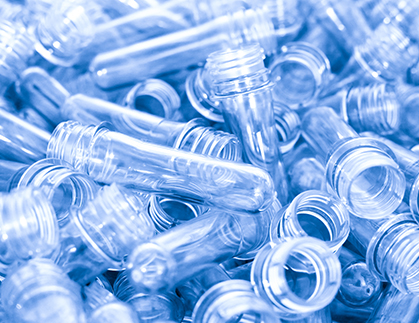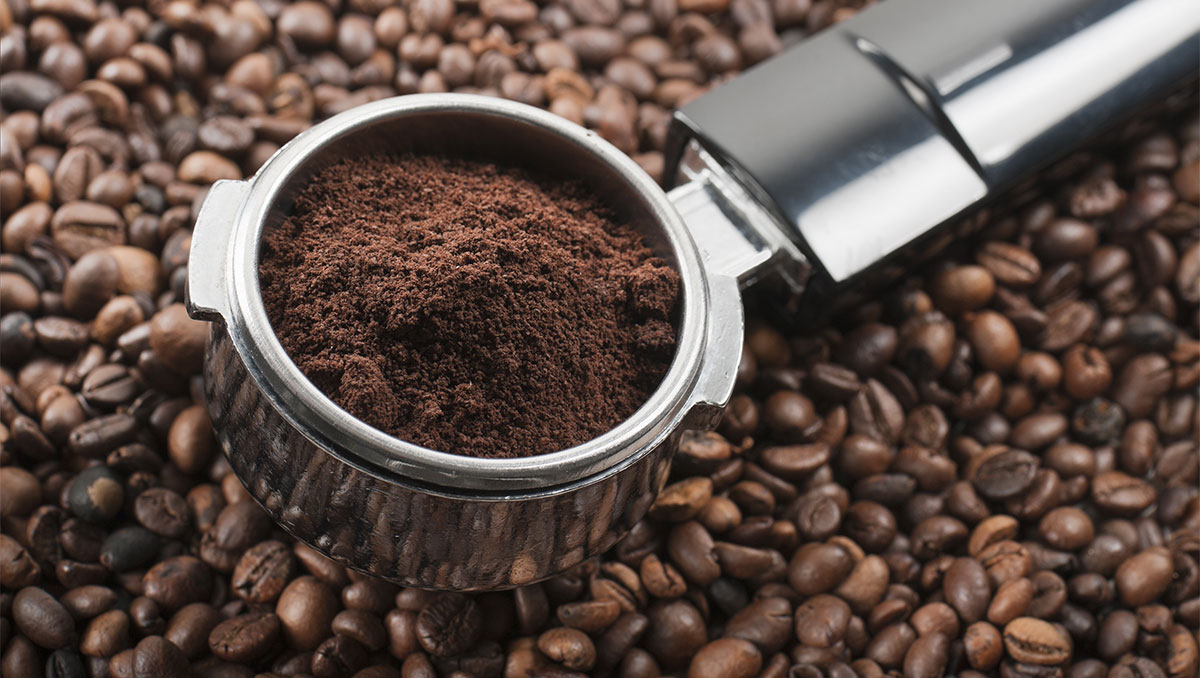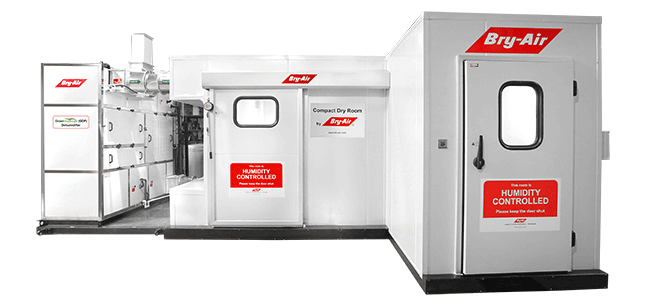Abstract
This article explains the repercussions of having high concentrations of ethylene in warehouses and cold stores. Industries that are involved in handling and storage of fruits and vegetables are severely affected monetarily by Ethylene. High concentration of ethylene causes premature aging and rotting of fruits and vegetables and wilting of flowers and leafy vegetables – thus lowering its shelf life…

Conventional methods (adopted by most warehouses and cold stores) of lowering temperature and humidity and using gases like nitrogen and sulphur increase the shelf life but have several disadvantages viz-a-via changing the natural properties of fruits and vegetables. Refrigeration and humidity control even small amount of ethylene gas during storage is enough to hasten the process of decay of fresh produce. This makes ethylene control absolutely necessary in the cold chain.
slows the decay but is not enough to halt the production of ethylene gas in cold stores and warehouses.
Thus, the most practical solution is ethylene control and removal in the cold chain. Ethylene removal is a natural process that does not affect the properties of fruit. This article discusses at length how ethylene control through adsorption and chemisorption can ensure that fruits and vegetables retain its “naturalness”. These can be ripened as per demand without bearing traces of toxic gases.
Ethylene – The Ripening Hormone
Ethylene gas (C2H4) is an odorless, colorless gas that exists in nature, and which is triggered at maturity in climacteric fruits. . Ethylene, also known as the ‘death or ripening hormone’ plays a regulatory role in many processes of plant growth, development and eventually death.

Fruits are either ethylene producers or absorbers. Apples, bananas, melons, pears and peaches are ethylene producers. Tomatoes are moderate ethylene producers. Broccoli, cabbage, cauliflower, etc., are ethylene sensitive.
So, by the rule of the thumb it is preferable to avoid storing ethylene producing fruits with ethylene absorbing ones. Ventilating the storage area also serves the purpose but just to an extent.
Apples are ethylene producers while cauliflower is ethylene sensitive.
Cold Storage are classified in the following 3 categories:
- Cold storage for storage of fresh horticulture product which does not require pre-cooling
- Multi-commodity cold storage for short term and long term storage of fresh horticulture products, which require pre-cooling and varying storage
- Control Atmosphere storage (CA)
Ethylene Generation & Sensitivity Chart for Some Common Fruits and Vegetables
VH = very high; H = high; M = medium; L = low; VL = very low
|
Perishable Commodities (Fruits & Vegetables) |
Ethylene Generation | Ethylene Sensitivity |
|
Apple |
VH |
H |
|
Cherimoya |
VH |
H |
|
Passion Fruit |
VH |
H |
|
Sapota |
VH |
H |
|
Apricot |
H |
H |
|
Pear |
H |
H |
|
Apricot |
H |
H |
|
Pear |
H |
H |
|
Chinese Gooseberry |
L |
H |
|
Cucumber |
L |
H |
|
Broccoli |
VL |
H |
|
Brussel Sprout |
VL |
H |
|
Leafy vegetables |
VL |
H |
|
Spinach |
VL |
H |
|
Turnip Green |
VL |
H |
|
Watercress |
VL |
H |
|
Plantain |
L |
H |
|
Lettuce |
L |
H |
| Cabbage | VL |
H |
The Ethylene Effect
The overall effect of Ethylene is to hasten ripening, aging and eventually spoilage.
Some bad effects of ethylene on some common fruits and vegetables are:
- Apples: scald
- Eggplant: brown spots
- Bananas: decay
- Potatoes: sprouting
- Grapes: mold Onions/ garlic: odor
- Broccoli: yellowing
- Carrots: bitterness
- Carnations: sleepiness
- Green leafy vegetables: loss of color
Presence of ethylene in amounts ranging from a few parts per billion (ppb) to a few parts per million (ppm) can reduce plant vigour, decrease life of various plant parts and reduce stock quality.
0.1 ppm is commonly considered the threshold level for ethylene action on plants.
Conventional Practices are Harmful for Fruits and Vegetables
Any closed environment, such as truck trailer, shipping container, warehouses and cold rooms, will have a similar effect resulting in increased concentration of Ethylene.
At the latter part of post-harvest, artificial ripening by using ethylene is general practice as it ensures that the produce reaches the consumers (retail outlets) with a degree of ripeness, which brings out its best in terms of taste, color, texture and nutritional value. One of the most common examples is the ‘forced’ ripening of bananas during high demand periods.
However these conventional methods adopted by most warehouses and cold stores of lowering the temperature and humidity and using gases like nitrogen and sulphur increase the shelf life but have several disadvantages.
- It uses toxic gases
- It is dangerous for human health
- It changes the natural properties of fruit as well
Refrigeration and humidity control slows decay but is not enough to halt the production of ethylene gas in cold stores and warehouse. Even small amount of ethylene gas during storage is enough to hasten the process of decay of fresh produce. This makes ethylene control absolutely necessary in the cold chain.
Why Ethylene Control!!!
Advantage of Ethylene Control
- Extends the life cycle of the fruit/ vegetable after plucking
- Warehouse owners can easily preserve freshness and reduces spoilage of fruits and vegetables
- They are able to meet increasing demands of non-seasonal fruits and vegetables
Ethylene Control – Applications
The three main application areas are:
- controlled atmosphere storage
- fruit/vegetables ripening rooms
- shipping / transportation of the horticultural produce
These are described briefly in the following:
Controlled Atmosphere Storage (CA) – The concept of controlled atmosphere (CA) storage of horticultural products is based on the control of two major factors affecting plant aging
- reduction of respiration rates during
- delay of ethylene-triggered changes leading to senescence.
CA storage involves the use of:
- increased levels of carbon dioxide (CO2)
- decreased levels of oxygen (O2) in the atmosphere
- low storage temperatures and lastly
- preventing of the buildup of internally-generated ethylene to threshold levels which could trigger changes leading to senescence and death
Controlling ethylene gas will maintain the quality and extend the life of horticultural products, allowing them to be stored for a much longer period of time. While refrigeration and humidity control will slow ripening and decay, they will not halt ethylene control.
Ripening Rooms – The general practice is picking Fruits and vegetables when it is “green” so that there is ample time between harvesting and distribution. The “green” produce is allowed to ripen – some naturally, but much is helped along by exposure to elevated levels of ethylene. However it is necessary to ensure the following:
- Ripening rooms in buildings separate from traditional cold storage buildings or CA storage
- If the ripening room must be located in the storage area, several precautions should be taken:
- Ethylene should by vented from the ripening room to the outside after the exposure period is
- Exhaust fans (capable of moving 6 to 8 room volumes per hr.) will allow ethylene level to be reduced to approximately 1% of the
However because of temperature and humidity concerns, makeup (dilution) air is typically drawn from the refrigerated area surrounding the ripening room. Even after venting, the ethylene levels may still be high enough to continue the ripening process and cause damage to product. Thus a “re-circulating air scrubber (Air & Gas Purification System)”, with a special media should be employed to reduce the ethylene concentration below threshold levels.

The Solution
Controlling ethylene levels preserves freshness
The latest technology from Bry-Air, EcoScrub Air & Gas Purification System extends shelf life, minimizes loss due to decay, ensures off season availability and eliminates harmful preservation practices that use Nitrogen and Sulphur gas. Fruits and vegetables retain their “naturalness: These can be ripened as per demand without bearing traces of toxic gases.
System Flow Diagram










